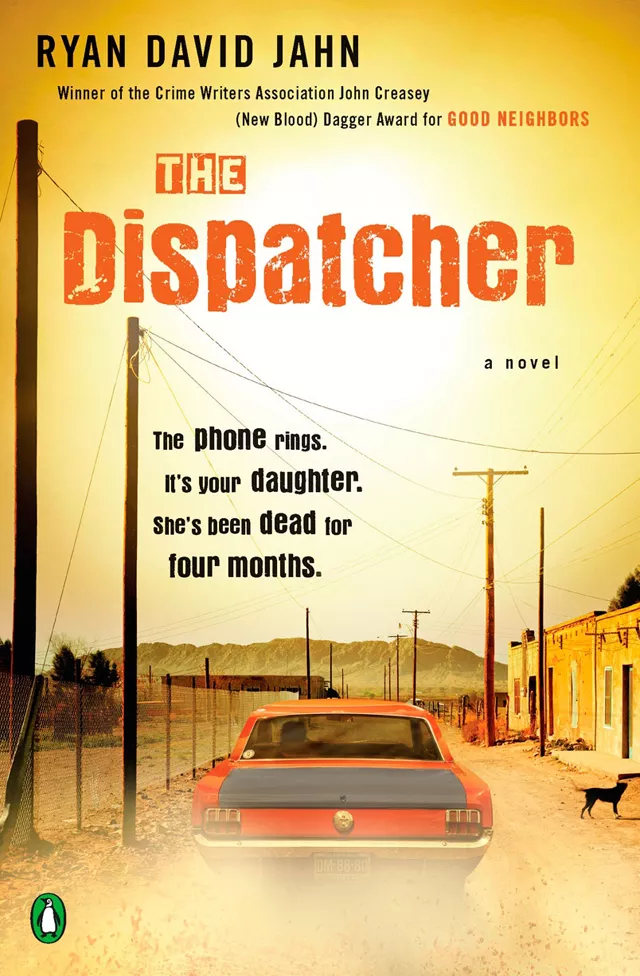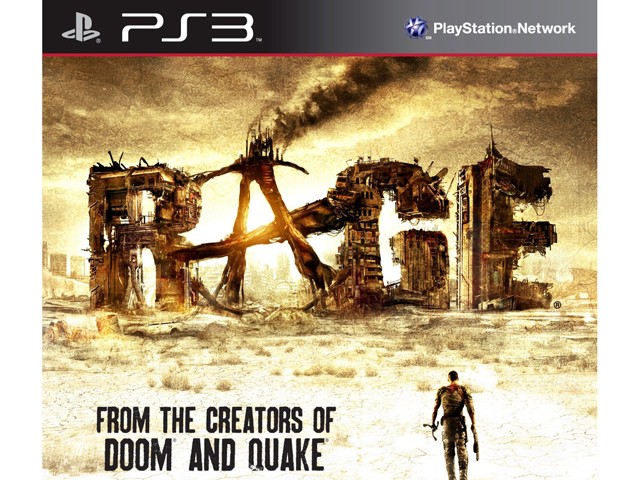The Dispatcher
by Ryan David Jahn
Penguin Books, $15, 398 pp., softcover
At the risk of undermining the critique that follows, a disclaimer must be made: This reviewer is not a regular reader of crime fiction. So it is perhaps extra surprising that I stayed up until 2 a.m. to finish Ryan David Jahn's gory nail-biter of a thriller.
The narrative follows hard-bitten, cigar-chomping divorcé Ian Hunt, a police dispatcher in small-town Texas. One day he happens to be on duty when an emergency call comes in from his 14-year-old daughter Maggie, who was kidnapped seven years before and long thought dead. She's escaped from her captor, but before the call has ended she has, it seems, been captured once more. No spoilers here: All this happens in the first chapter. So much happens in the first 50 pages, in fact, that one wonders how the story could possibly last for another 300.
Part of the answer is that Jahn has a habit of retelling scenes from the perspective of each character involved. This method paradoxically helps build tension; you know what's going to happen in the scene (because you just read a different version of it) but the resolution of that scene's tension must wait until Jahn has circled back to the character he began with. The elements of the tale are precisely calibrated to make one anxious: an innocent child victim, a father with nothing left to lose, a psychopathic killer with a twisted love for his wife that makes him do hideous things. And whenever the narrative hits a cliff-hanger, we find ourselves back in humdrum, slow-paced Bulls Mouth, Texas, where we are forced to drive around in pickup trucks and engage in small talk before we find out what happens next. At tension, Jahn is a master.
This is not to say that The Dispatcher is believable. We learn at one point, for example, that at least five children have been abducted by the man who kidnapped young Maggie, never to be seen again, but no one in the town of 3,000 where all of this took place seems to have taken note, let alone discerned a pattern. And many of the characters, particularly the minor ones, are caricatures. Take Sally, who wears "a Versace dress and fuck-me pumps, lips smeared red . . . hips cocked to the right and waiting for someone to pull the trigger." This dame owns a gun shop, of course. But if you don't mind your noir this mannered, you won't mind The Dispatcher.
And if you keep reading, as you all but have to, you'll hit sections that are more carefully composed. Maggie has an imaginary friend/fiend named Borden, for instance, a boy with the face of a horse who keeps her company in the dank basement where she is held captive, but turns on her when she tries to leave. He's a character who would be equally at home in a children's book or a horror flick, and one looks forward to his brief appearances. And Jahn is, in general, a pared-down, clean writer, with the occasional knack for unpretentious metaphor. On procrastination:
Strange how the longer you wait to do something the harder it is to do it. You push a task forward rather than pick it up, knowing you can take care of it later, always later, but as it rolls it gathers mass, like a snowball, and what you could once have picked up with one hand and put into your pocket now has to it the weight of planets.
By the final chapters, the reader is swept along, gripped only by worry for the good guys. Along the way, Jahn tries a little too hard to emulate Cormac McCarthy, a danger the Texas setting and subsequent car chase through arid Western lands all but begs for; hundreds of pages in, Hunt is suddenly ruminating on the "ancient and scabrous" American land, evil congenitally trapped within its soil, the first hint he is prone to this kind of heady philosophizing. Jahn's characters have not nearly the dimensions of those in a McCarthy novel and his language lacks McCarthy's searing precision. But only McCarthy can do McCarthy, and Jahn is a good storyteller nonetheless, one who is unafraid to take a tale to its bitter end. The Dispatcher concludes on an epic, Quentin Tarantino-like note, guns blazing, guts bleeding, makers met. One would expect no less after this taut torpedo of a novel.






